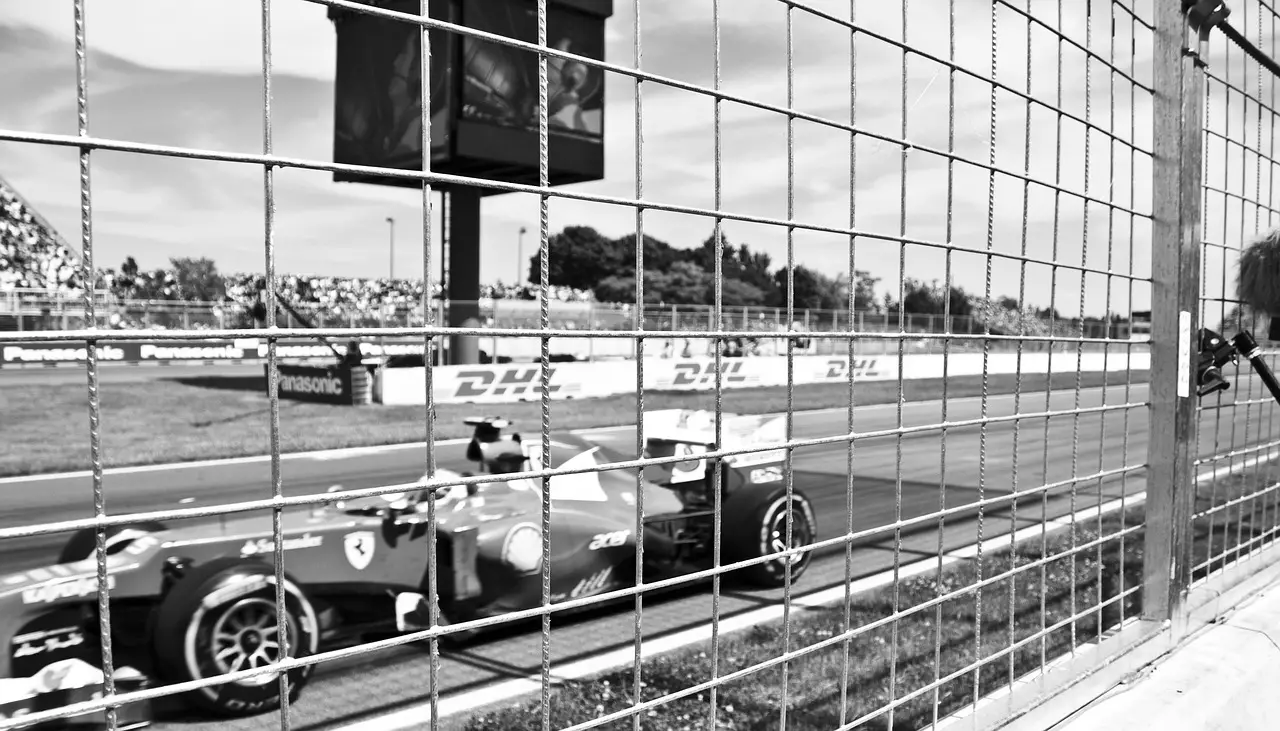Understanding the Role of a Works Team in F1
Formula One racing is one of the most popular sports worldwide, and it’s no surprise that teams are often vying for a spot at the top. With each team looking to gain an edge over their competitors, many have turned to work teams as a way to drive success. But what exactly is a works team?
A works team is essentially when an F1 constructor or manufacturer has its own dedicated factory-supported racing team. The advantage to having this type of operation is that these teams can make use of resources from both inside and outside the sport’s governing body – such as technical advice from engineers, technicians and other professionals – which can give them an edge over their rivals who lack such resources.
How Does Having a Works Team Benefit F1 Racing?
Having access to additional resources allows teams with works operations to stay competitive within Formula One by allowing them greater flexibility in terms of research and development capabilities. This makes it easier for these teams to innovate new technologies or adjust existing ones quickly if needed, giving them an upper hand over other competitors who may not have access to similar resources or expertise.
Works teams also benefit from increased funding due to their relationships with manufacturers and corporate sponsorships; this additional money helps cover costs associated with running a race car, including salaries for drivers and crew members, travel expenses, and more. This extra financial backing gives these types of operations another leg up on non-works outfits since they’re able to allocate more money towards research into new technology or improvements upon existing systems than those without significant external sources of income could typically afford.
Conclusion
In summary, there are plenty of benefits associated with having a works team within Formula One racing: access to additional resources through relationships with manufacturers/sponsors; increased funding opportunities, and greater flexibility when it comes to researching & developing new technology all give works operations an advantage over traditional race cars operated solely by independent constructors/drivers. While there are some drawbacks (such as limited control over certain aspects like driver selection), overall, having your own dedicated factory-supported program can be invaluable in helping you reach your goals on the track!

